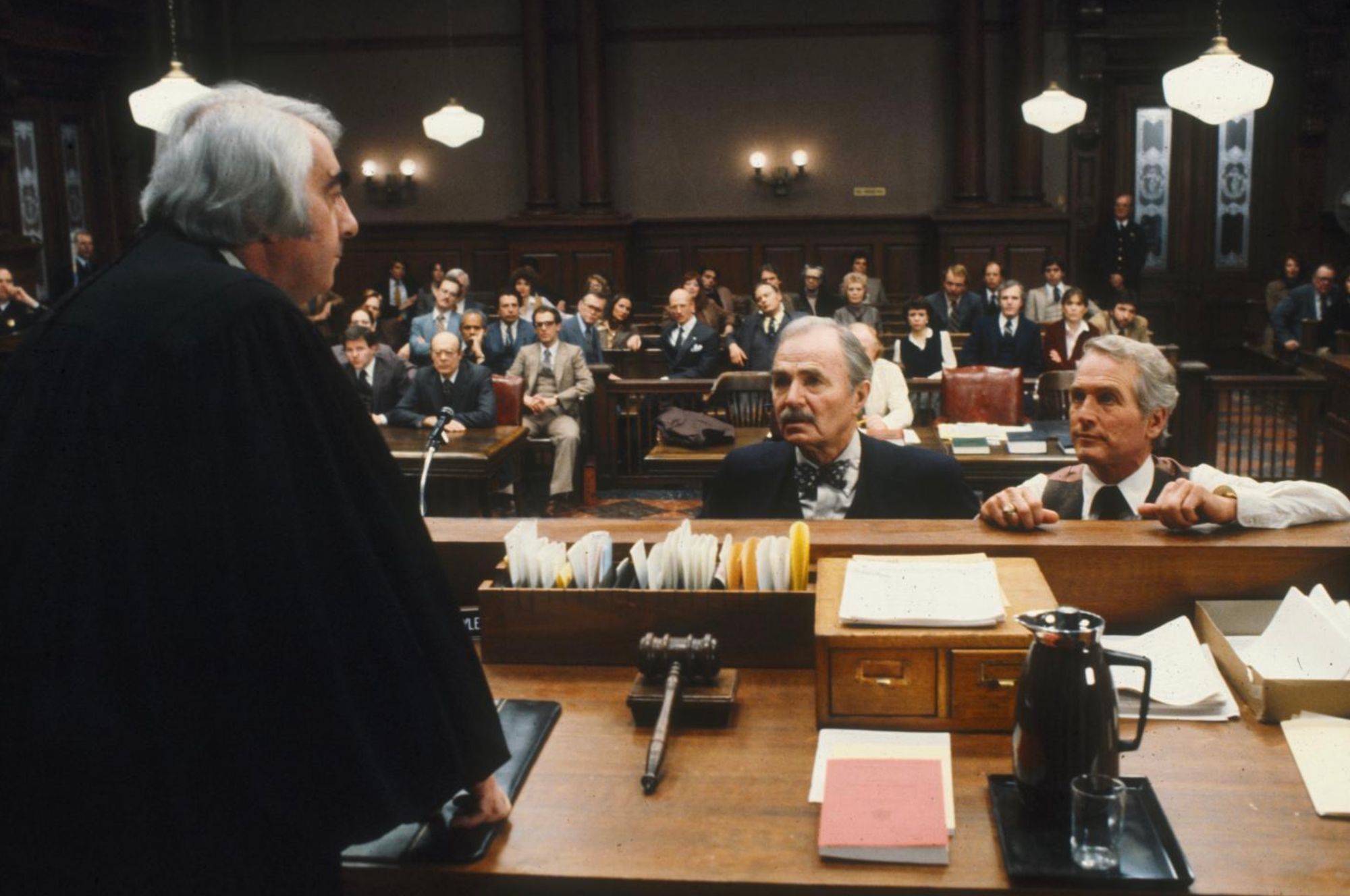The Courtroom of Your Creativity
When we want to produce a creative piece of art, a story, a film, it's easy to talk ourselves out of it.

When we want to produce a creative piece of art, a story, a film, it's easy to talk ourselves out of it.
Listen to post
Legal eagles, that’s what we are because we spend a lot of time in the courtroom. To set the stage, we’re not in one of those modern legal colosseums, no, we’re closer to a black and white old fashion courtroom with all the archetypes from Classic TV shows.
This analogy of the courtroom is where a part of your creativity is analyzed by the usual suspects without the intentional pun. We have the prosecutor, the defense team, the client (you), the witnesses, the jury, judge, and even the uuuhing, and aaahhiinng audience for every twist and turn in the case... (to read more subscribe for free) ...
This case is about your creative work and finding out who is guilty of stopping it from getting out to the real world.
Who is the guilty one? It might be perfectionism that left the fingerprints on the candle stick on the night in question. Or maybe it was its jealous lover, procrastination? With each moment, you can hear the audience’s eyelids scrape up and down as the tension increases in the room.
Notice the expensive cufflinks of the prosecutor, its slick oiled hair, and greasy fingers. The prosecutor tries to convince the jury that you are not as good as you think you are.
Hopeless, you look at your defense lawyer, they barely got their license, and are probably wearing attire from a failing clothing rental. Their smartphone screen is broken just like their glasses held together with a brown duct tape matching the color of their elbow patches.
And there you sit, listening to all the arguments, you might start suspecting that your self justification, that your pep talk stickies on your morning mirror are harming you. Maybe you’re the guilty one, and maybe you should take the deal that your defense team has been advocating for.
But then you look at the evidence table in the center of the room and notice that there is nothing there. Maybe you’ve been so caught up in going to the courtroom, to prove that the world is wrong and you are right, or vice versa. You might peek back at the audience and notice, at the back, that self justification is sitting there, grinning like a goon. You might realize that the room is empty, that this case is all in your head.
Empty. Now the room is empty. It’s still a courtroom, but you’re there totally alone. When that happens, your eyes go to the only thing that matters in this room. The evidence table. It’s also empty. You haven’t even tried, or tried and failed. Thinking on it, you might not even have tried, because if you had, there at least would be some breadcrumbs on that table.
